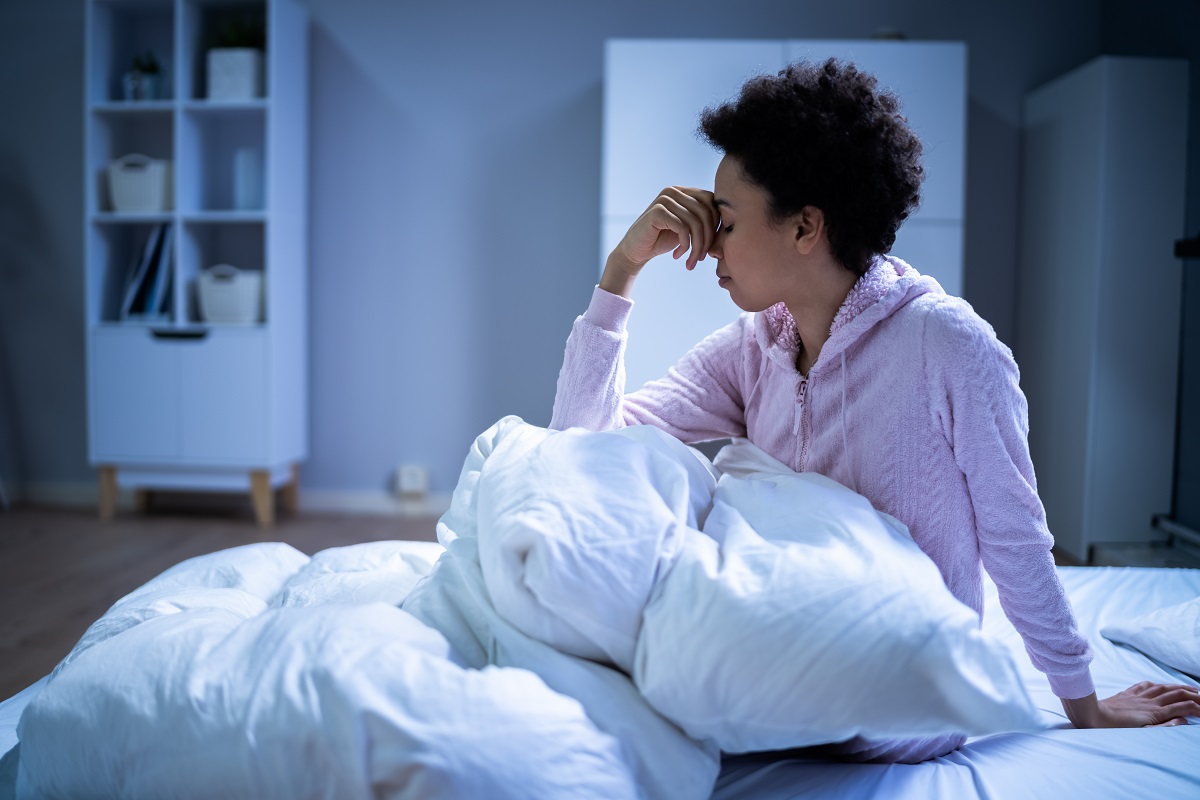The number of people in the United States who are diagnosed with bipolar disorder, formerly known as manic-depressive illness, is estimated at 2.3 million or roughly one percent – but it can have a huge impact on all areas of life! Some individuals may misunderstand the symptoms because they don’t understand what sleeping difficulty really means; for example, not being able to get enough restful hours during weekdays due solely to how you’re feeling could affect your ability to perform daily tasks efficiently, which includes working full-time patrol jobs without falling behind schedule. So what have the experts said about the correlation between bipolar disorder and sleep? We, the place with the best San Diego mattresses, have done our homework for you, so let’s find out!
Unsurprisingly, having bipolar disorder can definitely negatively impact your quality of sleep. It is not uncommon at all for people with bipolar disorder to have trouble sleeping. One of the most common issues that these individuals encounter when it comes time for bed, though? It’s often difficult staying awake during this process due to a lack of productivity followed by fatigue later on after lights out have been achieved – leaving them feeling like they’ve wasted precious hours merely resting while their brain starts calling out, “Where are we?! What day did I start living again?” This confusion can lead some sufferers right back into an endless cycle without realizing what caused said plunge into sadness/depression, which eventually turns dangerous if left unchecked.
As we already know, depressive episodes can either result in you sleeping too much or not sleeping enough – sometimes even both. On the other hand, manic episodes can strongly impact sleep quality and quantity in a negative way. When one has a manic episode, their mood will feel abnormally evaluated, and they may feel that there is no need for them to go to sleep on their San Diego mattress. These episodes can last for weeks. When a manic phase ends, the person will often “crash” down, and depressive symptoms will appear. It can be extremely difficult to get a good night’s sleep when constantly fluctuating between these two moods, often referred to as “cycling.”
If you or somebody close to you is diagnosed with or suspected to have a form of bipolar disorder, it can be easy to delay getting a proper evaluation by a psychologist or a psychiatrist. However, it is best to address the issue as soon as possible. The waiting lists for psychological evaluations can be very long, so get in touch with your healthcare provider and find a licensed mental health professional and bring up your concerns as soon as you possibly can. Even if the individual person in question is found to not have the disorder, it is quite possible that the doctor can detect another existing problem at hand. If symptoms of the disorder become dangerous, such as a life-threatening manic or depressive episode, go to your nearest emergency room right away. Give yourself the treatment and the knowledge that you are entitled to so that you can better enjoy your San Diego mattresses at home every night.
